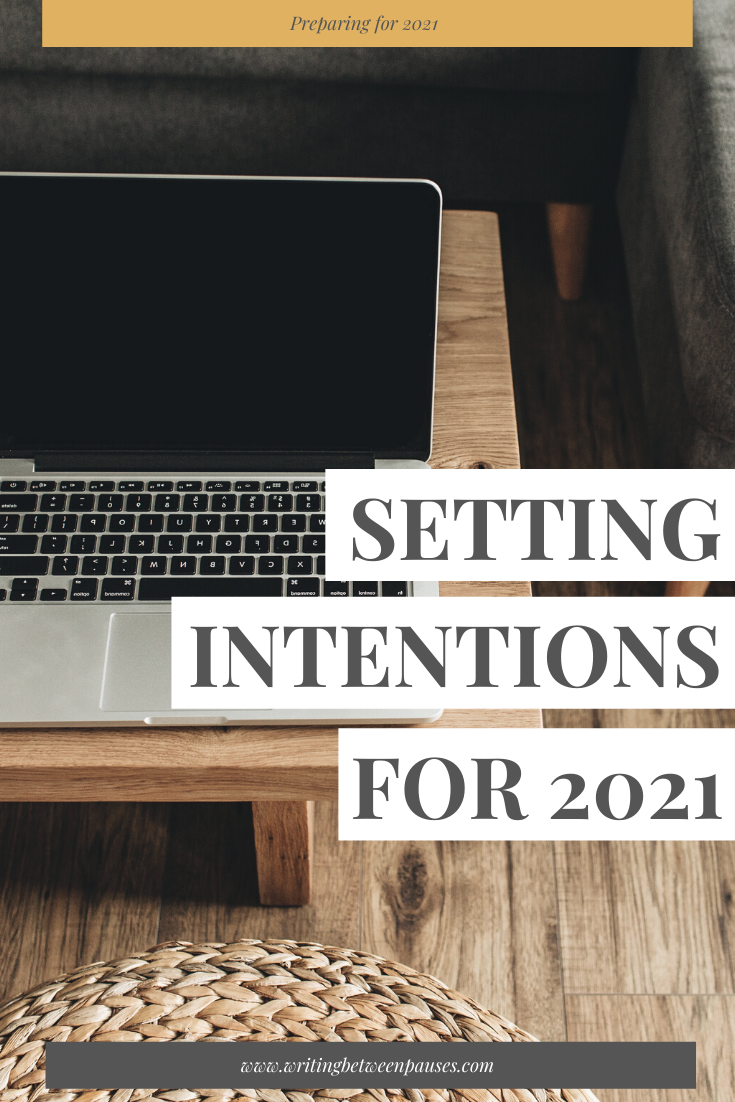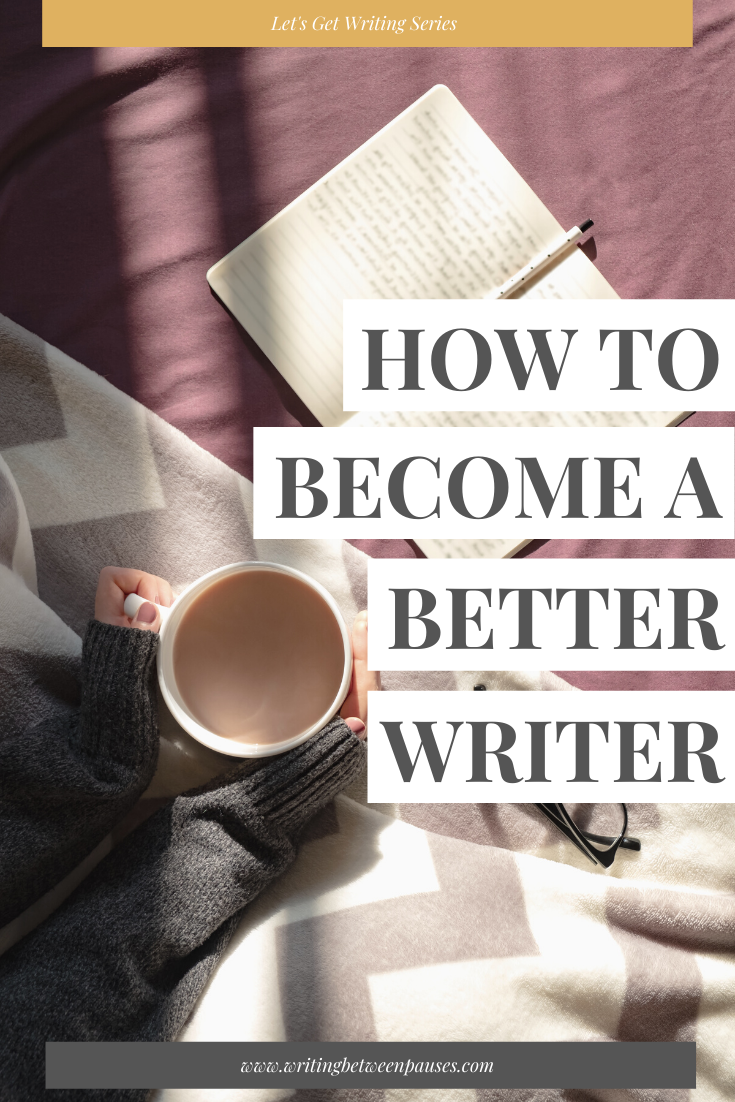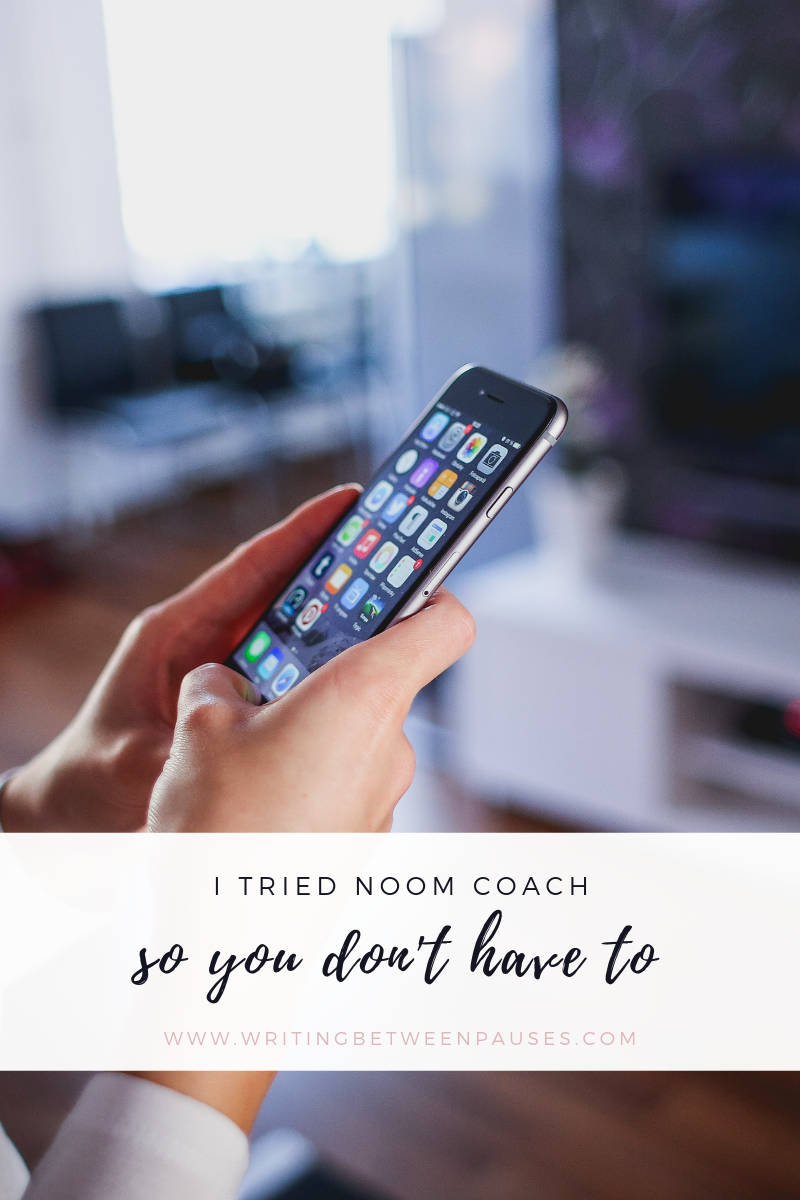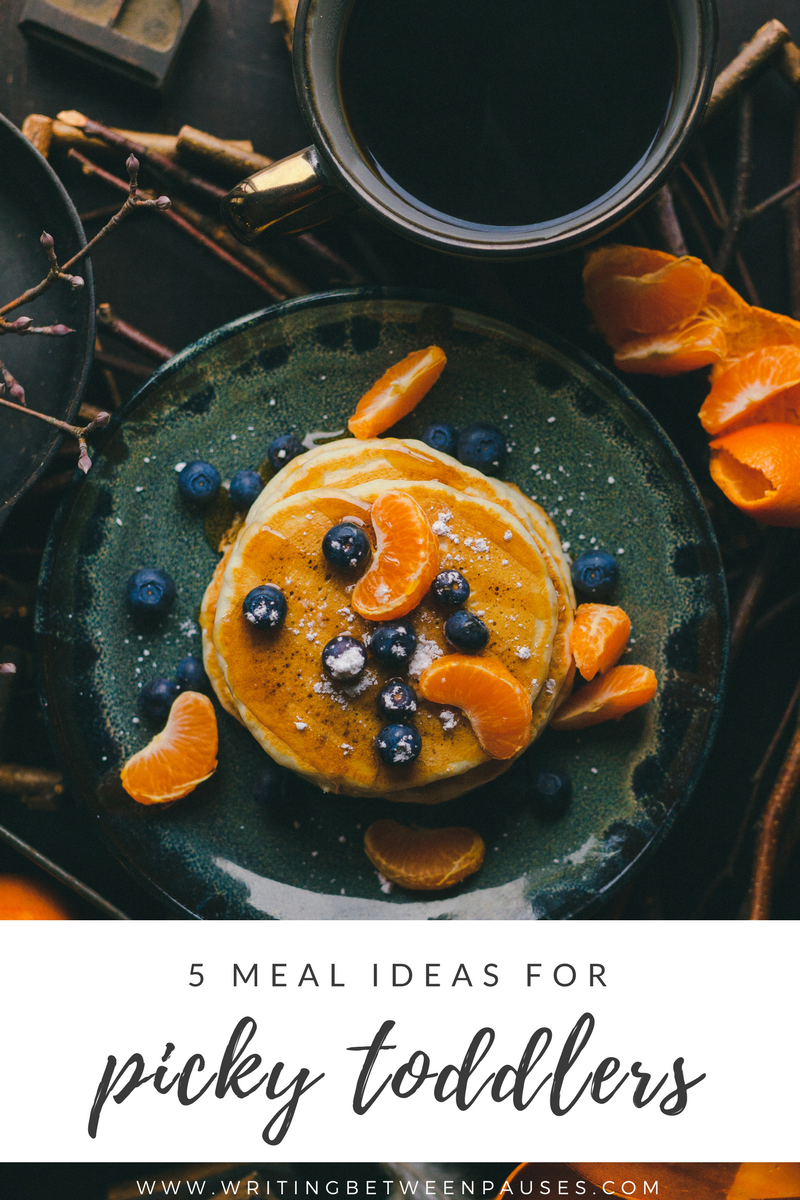When I completed NaNoWriMo in 2014, I wrote a great post about lessons I learned. Reading through that list, I still identify with everything I wrote previously. It's funny, at the end, to see how excited I am for the next year--without knowing that in 3 months, I would be pregnant. It's weird looking back on statements like that and laughing at how much your life can change in a few months (isn't that what blogs are great for, though?).
I thought I would revisit this post and share a few more lessons I've learned from NaNoWriMo--especially my first successful November as a parent!
1. I have to prioritize where I put my energy.
I say this frequently, but when I get overwhelmed, I tend to shut down. In November, I often find myself pulled in a hundred different directions: I do NaNoWriMo; I'm working; I have Forrest; and I have an entire house to take care of. Personally, I find it very easy to just shut down and not really achieve anything in that time frame!
However, I find that if I prioritize, I can get everything done without getting overwhelmed. But that also means, I have to let some things fall to the side. Notice how I barely blogged in November? Yeah, it was because I was trying to do NaNoWriMo, work my day job, and keep myself and a toddler alive. These things happen. C'est la vie!
2. Get ahead while you can.
In previous NaNoWriMos, I've kept myself to a strict daily word count. I usually didn't write ahead more than 500 words or so. And each year, I've gotten behind and had to spend weekends catching up, which meant I got very quickly exhausted.
I feel like this lesson is true of everything in life--not just NaNoWriMo. When you can, work ahead. For example, I have a cleaning schedule I try to keep: on Fridays, I tidy the entryway; on Saturdays, I clean the bathrooms, etc. However, if I'm feeling motivated, I'll clean the entryway and clean the bathrooms on the very same day. I know, living on the edge there!
This year, I ended up writing my first 10,000 words for NaNoWriMo in the first few days. By November 15, I was 15,000 words from winning. I wrote ahead--I let myself write as often as I could without falling behind on my other responsibilities and it paid off. It helped that I was writing a story that I'd been thinking of for months, but having a buffer really made me more comfortable and I was able to write with joy, rather than stressing to stay on deadline.
3. It's ok to think NaNoWriMo is stifling.
As much as I love NaNoWriMo (and this being my 5th year completing, I do love it), I also inevitably start to wonder how, as a practice, it inhibits or improves my creativity.
Ultimately, what we take away from NaNoWriMo is up to us--and it's ok to love it as an idea, but also ultimately believe it to be stifling. You don't have to follow the rules of NaNoWriMo to the letter; it's your novel and your life. Do what you want!
However, you often see NaNoWriMo critics emerging in early November, talking about how NaNoWriMo is a time for "writer-wannabes" (ok) to emerge and dedicate one month of the year to writing. Not only is this a totally unfair statement which I've seen way too many supposedly professional writers state, it also ignores the point of NaNoWriMo.
The point of NaNoWriMo isn't to be a professional writer and write your perfect dream novel in a month. NaNoWriMo is about empowering more people to write, to make time for writing and creativity, and to enjoy their lives.
That's it! That's all that NaNoWriMo is about.
It's ok to think it's stifling. It's ok to get to November 30 and think, "Well, that sucked." It's ok to feel like you wrote a crapper of a novel. (I have had that feeling many times myself.) But the most important thing is, if you completed a novel, you proved that you can write every day. Enough to pile up the words. And that's pretty monumental.
4. When I read more, I write more.
At the end of October, I signed up for Kindle Unlimited. Since then, I have read 46 books.
46 books.
I know. It's actually kind of embarrassing. In that time, I have written more, and felt more creative, than ever before. I have started to realize that if I want to write--and I mean, really write in a way that is productive and meaningful--I have to keep my reading habit. Which, thanks to Kindle Unlimited, is totally possible. Even if I'm reading the most embarrassing, sappy romance novels of all time.
Did you participate in NaNoWriMo this year? What did you learn about yourself, about creativity, or about life in general?






























